When we travel to foreign countries, we do so to immerse ourselves in different cultures. Some of the best ways to experience the cultures home to the countries that we visit, is to visit them during a time where they celebrate their culture through different festivals. From the Christmas Village in London to Easter in Vatican City we love to celebrate. Some of the World’s best festivals are held in Bali and with a 210 day calendar, the Balinese are people who know how to party. We took a look at the festivals that they hold annually and here is our top pick of the national festivals to plan your vacation around.
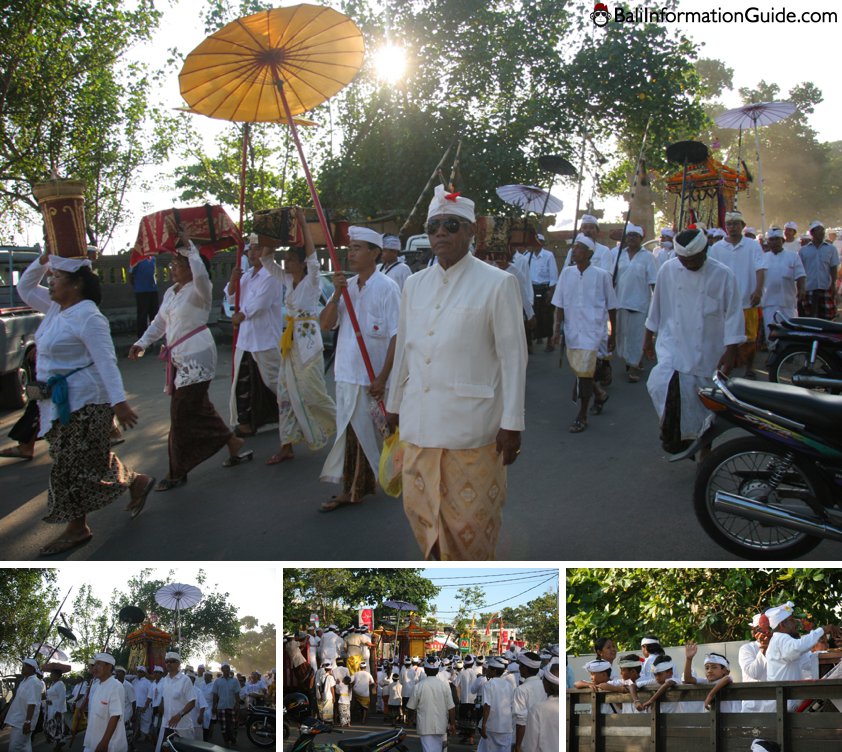
The Bali Arts Festival:
The Bali Arts Festival began in 1965 and has been an annual event ever since. This year (2017) it will be running for just under a month from the 10th of June until the 8th of July. It is held in Renon Square in the city of Denpasar and features Bali performers from all over the island who come together to celebrate Balinese culture through parades, handcraft exhibitions, stage performances, interactive seminars and so much more. The locals go all out when they decorate the streets in preparation for the festival by decorating the streets with colorfully decorated bamboo and coconut decorations. Along the streets, during the festival, you can catch shadow puppet plays, traditional music compositions, and Youth Performance Competitions. Artists from Bali’s eight provinces and its surrounding islands flock to Denpasar to showcase their talents. The festival kicks off with an opening parade in front of the Bajra Sandhi monument and is a true exhibition of Bali pride.
Galungan Ceremony:
The Galungan ceremony is a religious festival held in July to celebrate the battle of virtue (Dharma) against (Adharma) which has become legendary amongst all Balinese Hindus and also celebrates the spread of Hinduism in Bali. Barong Dancers move from temple to temple performing traditional dances in celebration. The festival ends with Kuningan, a day of offerings and prayer at the village temples and family shrines. At the end of the day, families indulge heavily in fantastic feasts. The Galungan festival is the first of the series of religious festivals held in Bali.
Pager Wesi:
This is an annual festival in November where the birth of the creator of the universe, Sang Yang or Sangh Yang, is celebrated. The Balinese make offerings to Sang Yang in their homes, shops and temples to protect them, their souls and their spirituality from the destructive forces of everyday life. Pager Wesi is the last festival in a sequence of religious celebrations in the Pawukon Calendar (210 days in a year) that show the spirituality of the Balinese people. It is celebrated on the last Wednesday of the Pawukon calendar called the Wednesday of Shinta.
The Bali Kite Festival:
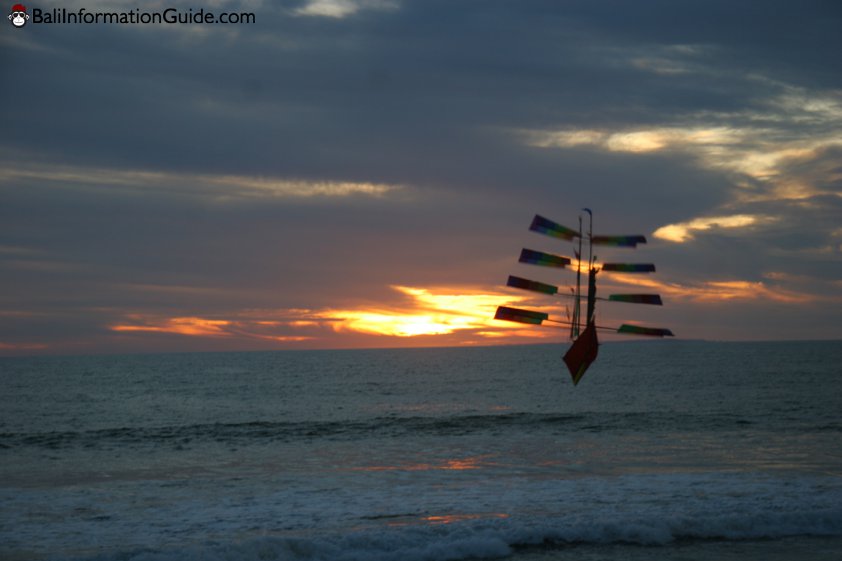
As laid back and relaxed as the Balinese lifestyle is, if there is one thing that they take seriously, it’s their kites. For months leading to the festival in July 13th to the 15th on Pandang Galak beach, towns and villages spend time crafting incredible giant kites that they fly in competition with other towns. Traditionally, it was a religious festival for people to send messages to the Hindu gods asking for favorable crops and harvests to come. The kites in the competition are judged on flying ability, stability, design and landing. It is the one time of year where families come together for a fun filled time and let their hair down.
The Rice Harvest Festival:
The annual Rice Harvest festival marks the end of the harvest season in Bali where rice is a common staple. Visitors are often invited to join in on the festivities and sample traditional food made in honor of Dewi Sri, the Rice god. A famous part of the festival is the Negara Bull Races held in Perancak where water buffaloes are decorated and raced along the streets. The Rice Harvest festival is held May and towns are decorated with colorful flags and shrines of Dewi Sri are erected in the rice paddies.
Melasti:
This is a purification ceremony held the day before and in preparation for Nyepi, the Hindu New Year, where the world is cleansed of all evil spirits and devils through the symbolic act of acquiring the water of life (Tirta Amerta). Every village takes part in this festival where sacred objects from each village and large statues of the gods are carried to the beaches for religious purification bathing. The locals who don’t receive the honor of bathing the statues symbolically throw their sins and bad karma into the ocean to be washed away. It is a very important festival for the Balinese people as it allows them to rid the island of the filth of sin and all its bad karma. The majestic temples found throughout Bali are also cleansed and purified with Tirta Amerta. It is done in a style of majesty the flags called Umbul-Umbul are erected all over the beaches and the Balinese come in their most beautiful traditional dress.
Nyepi Festival:
This is the Hindu New Year festival, also known as the Hindu day of silence, and although to an outsider it may seem to be a strict one, it is overflowing with religious symbolism. For 24 hours starting on the 28th of March this year (2017), people abstain from material pleasures and physical activities. All the usual daily hustle and bustle of Bali comes to a stand-still and roads and the only airport in Bali are empty of traffic (with the exception of emergency service vehicles) and people stay in their homes meditating and fasting. It is a public holiday reserved for self-reflection and local customs include: low lighting, no fires, no entertainment, no working, no talking, no pleasures, no traveling and no eating. The only people who you will find in the streets are the Pecalang who ensure the local customs are being followed. At the end of the 24 hour period, people scream at the top of their lungs to scare off evil spirits and then the party starts.
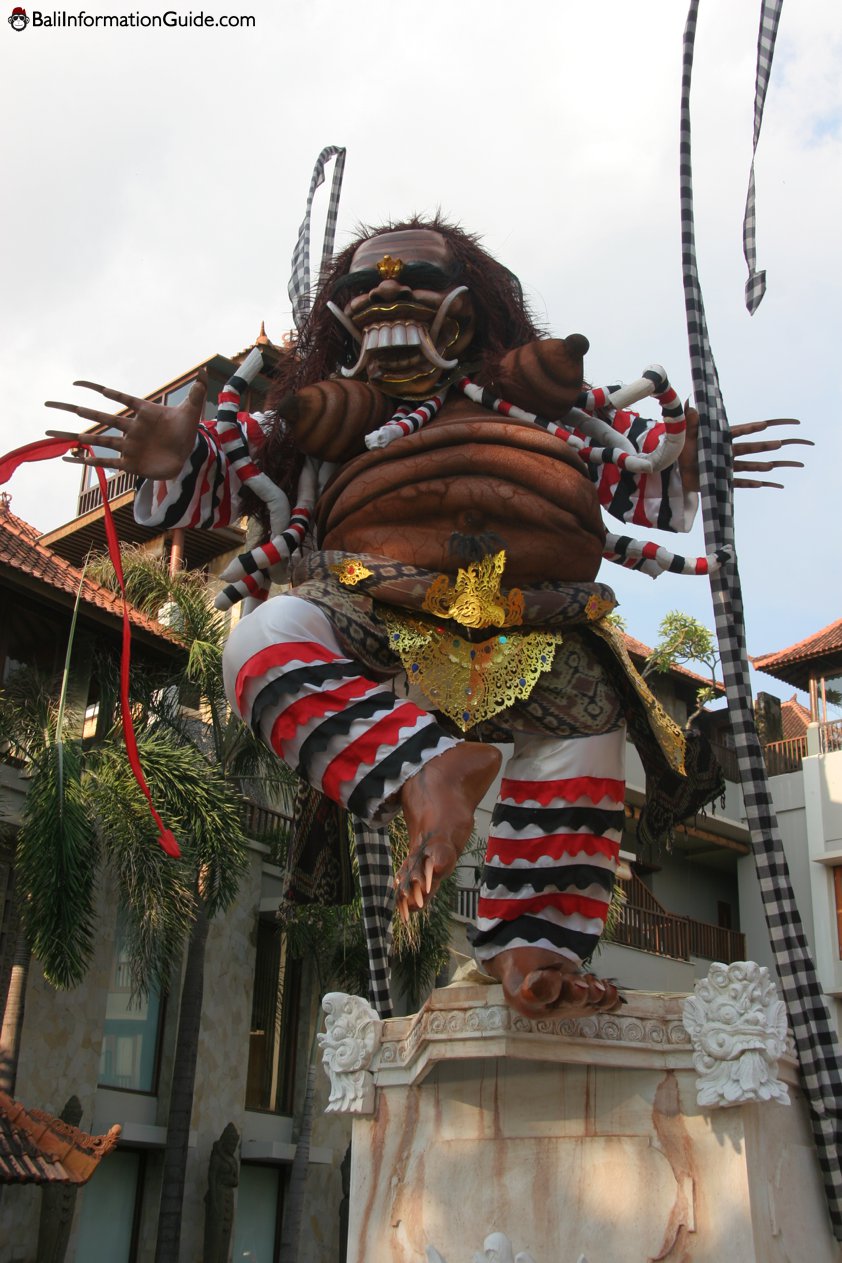
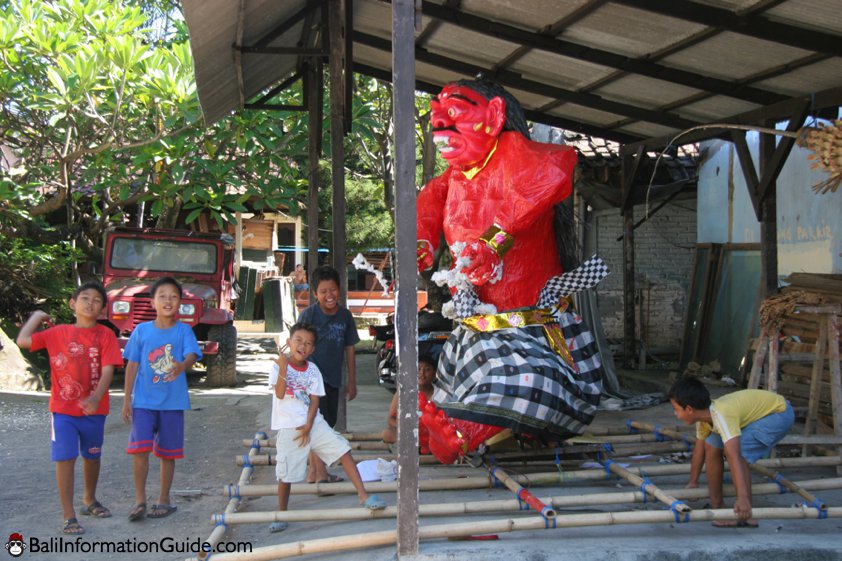


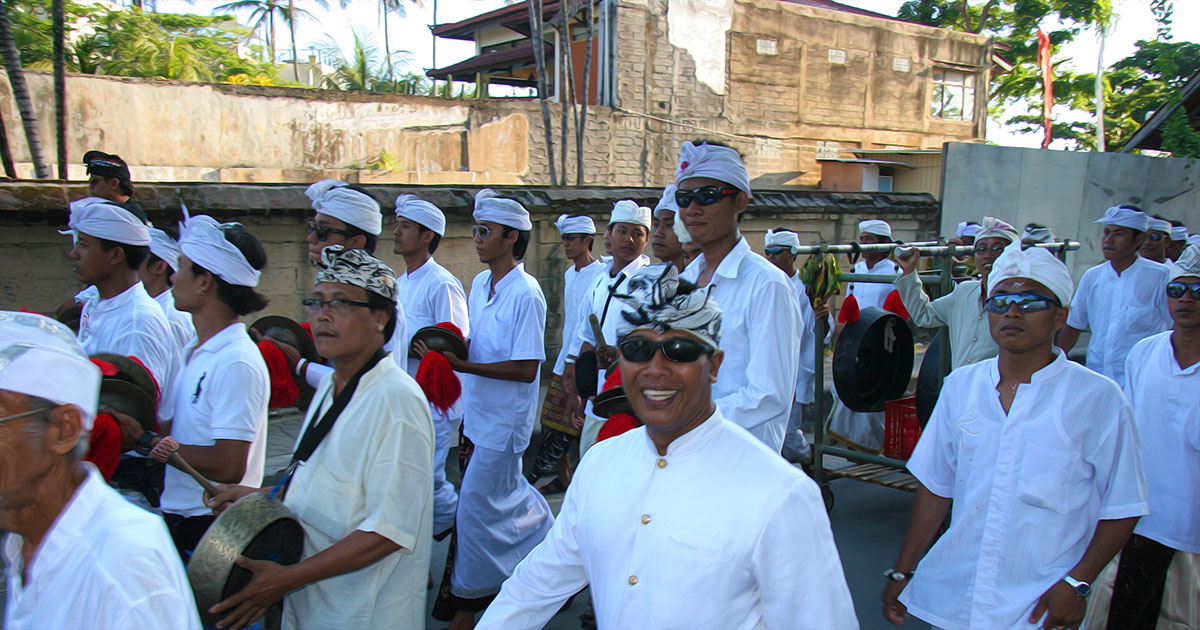

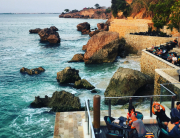


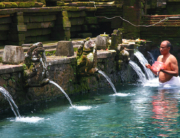
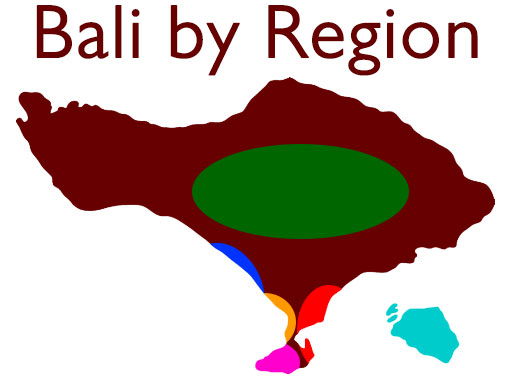






Leave A Comment